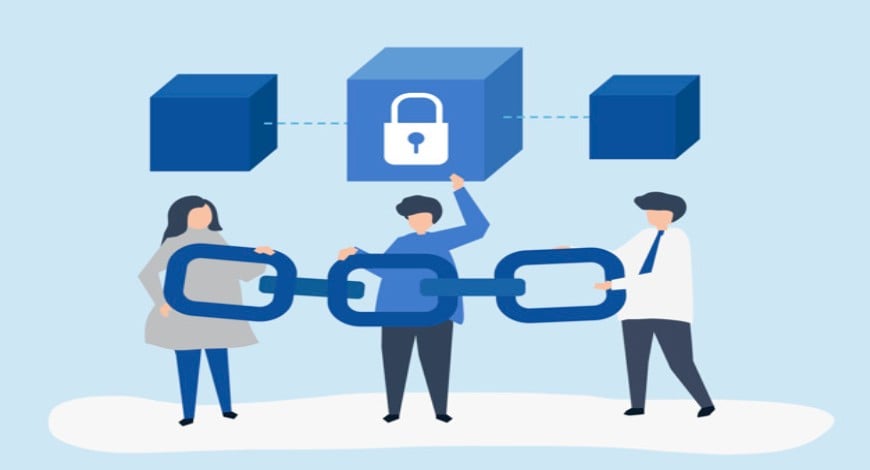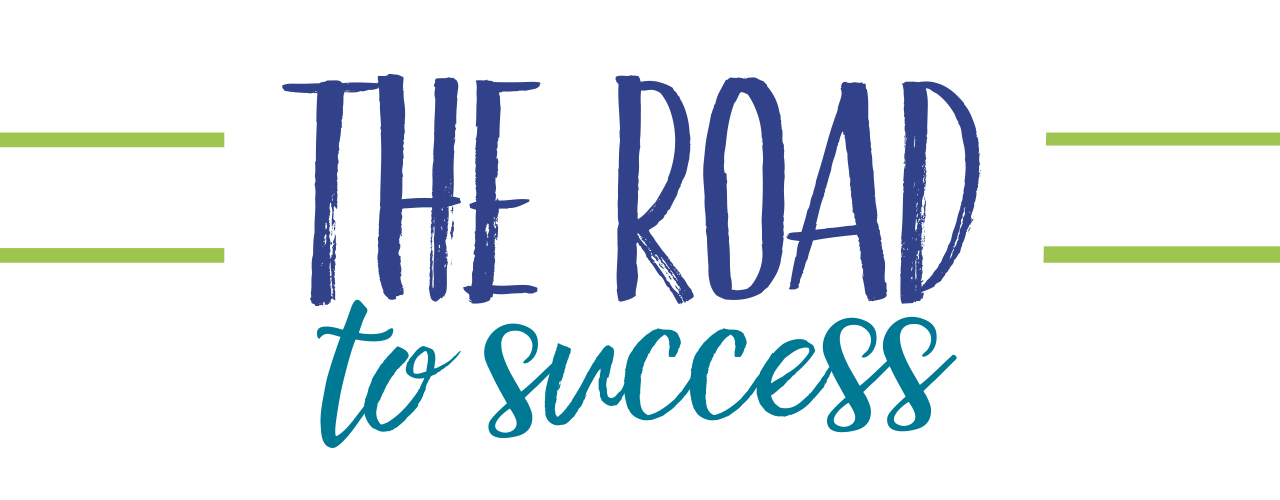Blockchain In Education Sector Trends In 2023 Beyond

#Blockchain #Education #Sector #Trends
Blockchain technology in the education system has the potential to bring numerous benefits such as reduced risk of fraud, improved efficiency, increased access to education, etc; it has the potential to transform the education sector by creating new, more accessible channels for learning
Just like the other modern technologies like artificial intelligence, augmented reality, machine learning, robotics is emerging quickly in the education sector. Similarly blockchain technology in the education sector is paving its path with new waves of change and bringing solutions formulated from different industries that go far beyond its initial financial and cryptocurrency focus.
From accessing credentials and academic records to validation of transcripts, all these vague processes in the traditional educational model are major obstacles in its growth and could be easily solved by blockchain-based software.
The key advantages of blockchain technology are decentralized storage, traceability, immutability of stored information, and transparency. The revolutionary impacts that blockchain technology is making to the education sector are numerous. Many educational institutions are now implementing blockchain-based tools to automate its tedious processes.
Blockchain technology has the potential to revolutionise the education sector. In India, blockchain can improve educational outcomes, streamline administrative processes, and increase transparency and accountability.
At present, the institutions that have incorporated blockchain are primarily using it for storage and sharing students’ academic records and credentials. However, modern day technology has the potential to revolutionise the education sector in a number of ways.
Let’s look at some of the areas where blockchain can play crucial role in education sector in year 2023:
Blockchain and digital student diplomas
In the past few years, digital diplomas have become the biggest examples of how blockchain can transform the education sector. Moving from a paper based degree to digital diplomas; the institutes can store their student’s information on a blockchain. Storing diplomas on a blockchain gives access to students to own and manage their academic achievements, providing them with the ability to share them when and where they choose.
Copyright protection
Plagiarism is one of the major issues faced by academic institutes. When a research paper is copied, a lifetime’s worth of labor can go in vain. Blockchain-based technologies have potential to regulate how copyrighted content is distributed online. The prime aim of blockchain technology is to securely store the data that has been recorded in a chain. Once it is stored, this data cannot be manually changed/modified because it is protected by cutting-edge encryption. This makes it possible for students to access instructional materials safely. The owner can simply manage access because the usage of the content is also tracked in the chain.
Lowering education costs
Blockchain has the potential to transform the education landscape by opening up new, eliminating tedious and labor intensive processes, more affordable pathways to learning and disrupting the existing relationship between schools and students. For e.g. Payment of fee is a time-consuming process as it involves several parties, including students, parents, banks, foundations or government agencies for scholarships, lenders and various university departments. This procedure can easily be streamlined using blockchain which can result in lower administrative expenditures and even lower tuition rates.
Financing education
In academic institutions, financial accounting is a key role which involves time, manpower, money. And blockchain technology can easily fit in here and can efficiently manage teacher wages and student scholarships, creating a transparent and equitable system for funding grants and projects.
Evaluation of courses
Blockchain can also be used for smart contracts. This can aid a course instructor to create smart contracts, outlining a list of tasks required for the completion of the courses.
Better execution of lessons and courses
A blockchain-based system can greatly benefit universities by simplifying the process of storing digital syllabus. Presently, institutions use hard drives to store a digital syllabus which comes with many security concerns. Thus, blockchain technology is a promising solution for securing university curriculums.
Accountability via smart contracts Through blockchain students, teachers, and university administrators can engage in the smart contracts. For example, both students and teachers can enter into a digital agreement that encompasses an agreement parameter, due date along with grading deadline.
Incentivisation
Tokenisation is the cornerstone of blockchain. In future, academic institutions would be able to incentivise students to pay their student loans on time, while teachers would be able to motivate students by awarding the students with cryptocurrency for their achievements.
The use of blockchain in education is still nascent, with only a handful of institutions have adopted the technology till now. Blockchain technology in the education system has the potential to bring numerous benefits such as reduced risk of fraud, improved efficiency, increased access to education, etc. It has the potential to transform the education sector by creating new, more accessible channels for learning and upending the current relationship between academic institutes and students. The upcoming generations will immensely benefit from utilising revolutionary blockchain technology in the education sector.
